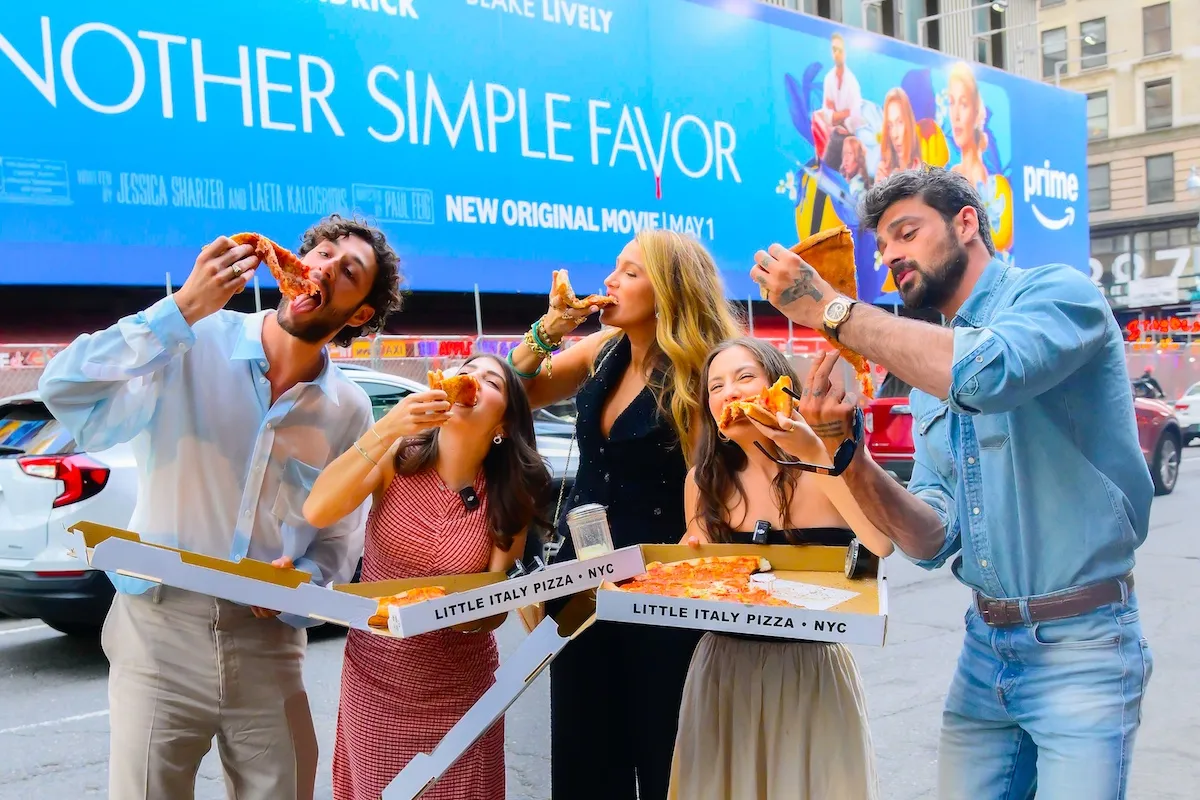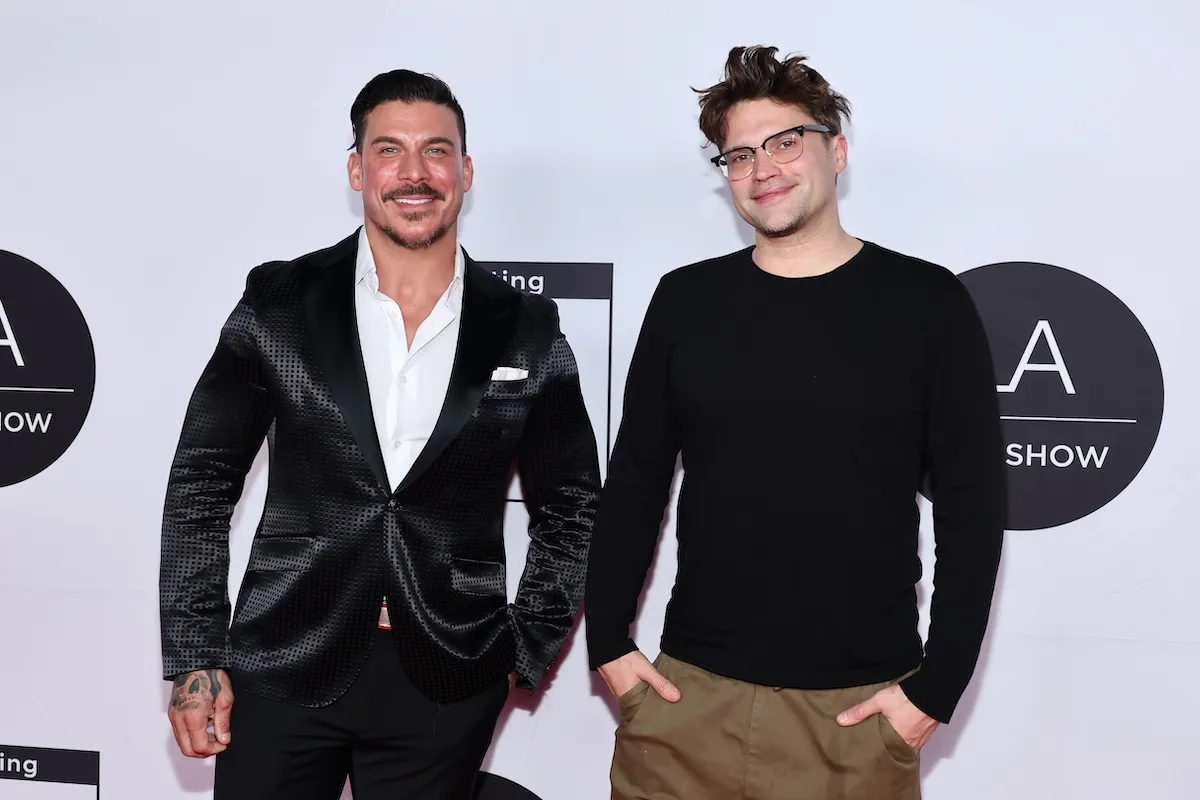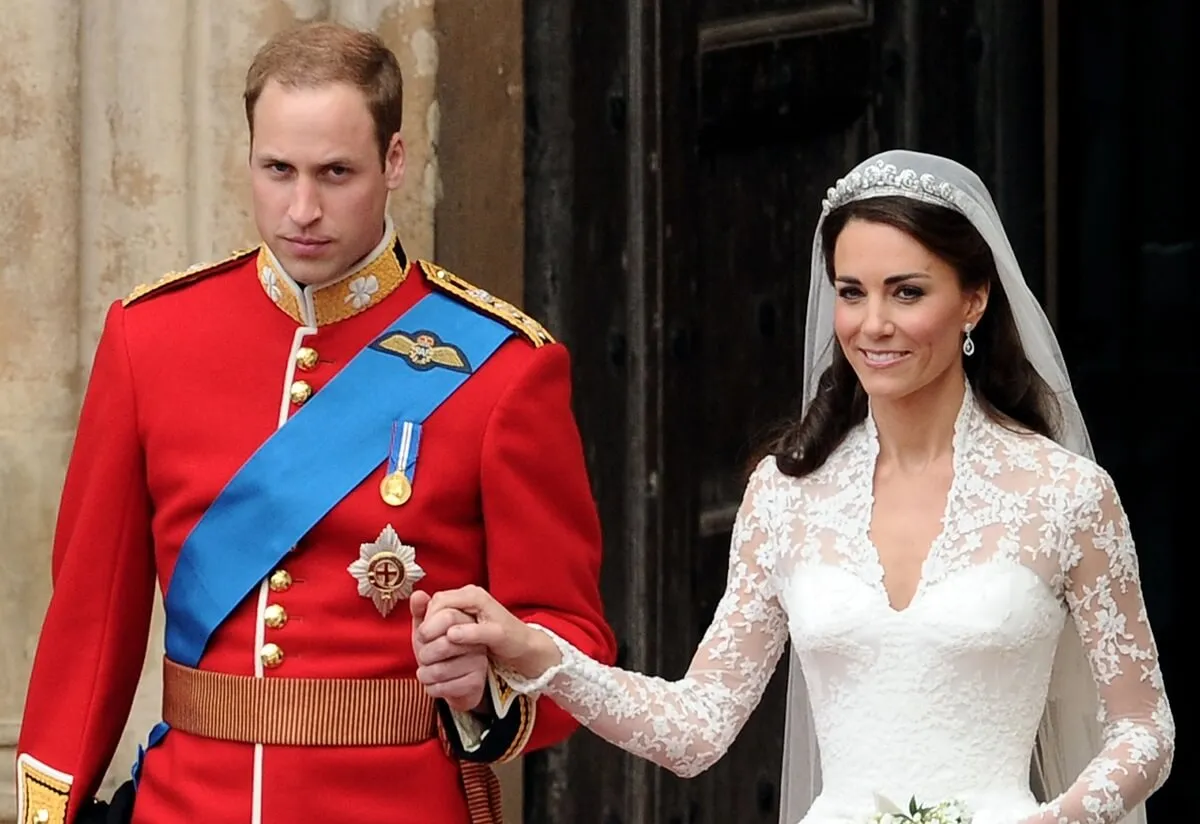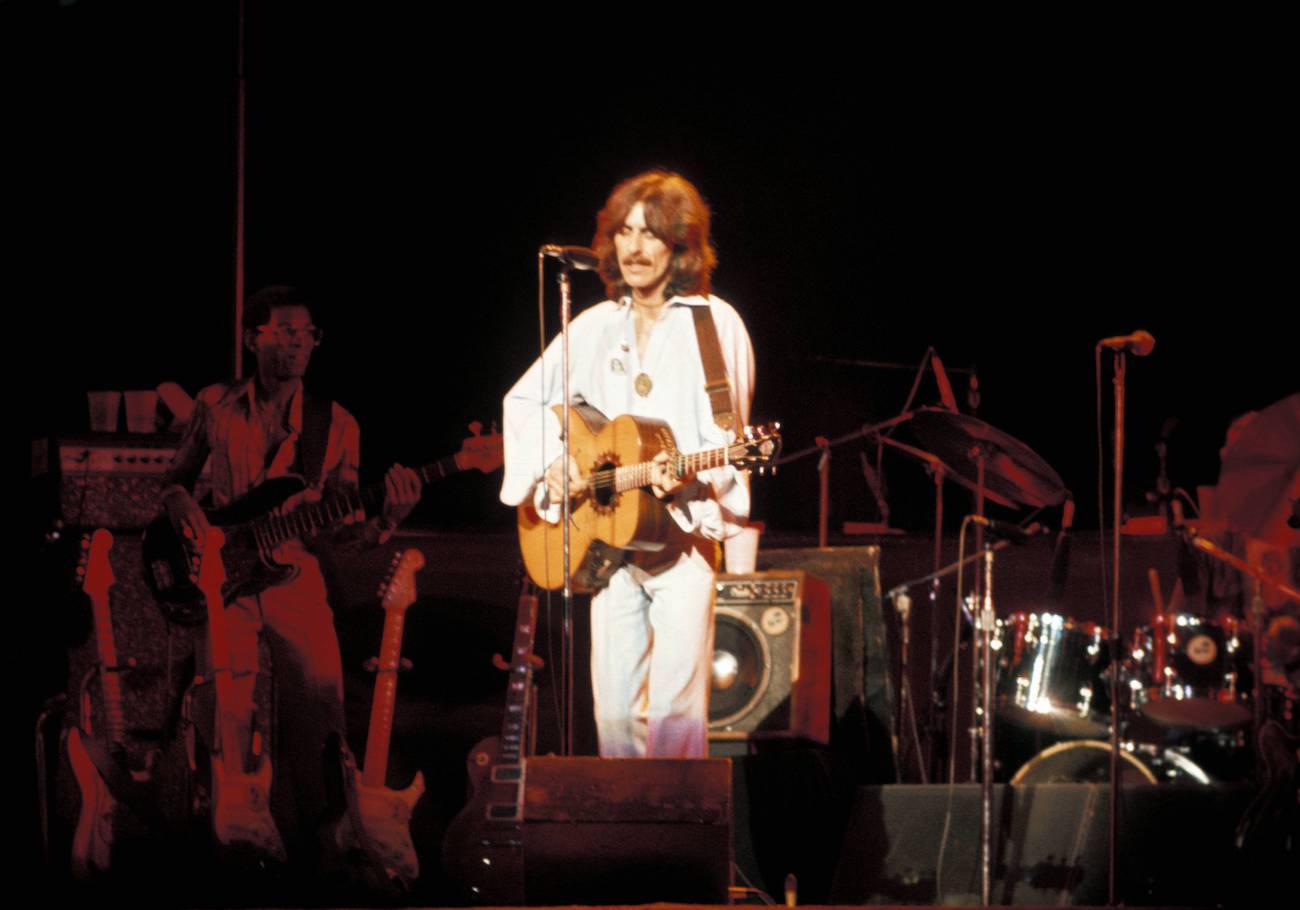
George Harrison’s Drummer Thought His Dark Horse Tour Would’ve Been Risky Without the Religious Overtones
George Harrison‘s drummer, Andy Newmark, thought his 1974 Dark Horse tour would’ve been risky without the religious overtones. The spiritual Beatle had no qualms about showing his American audiences his beliefs. Whether they wanted to hear them was another matter.
Religion aside, Newmark didn’t think George had any business going back on the road.
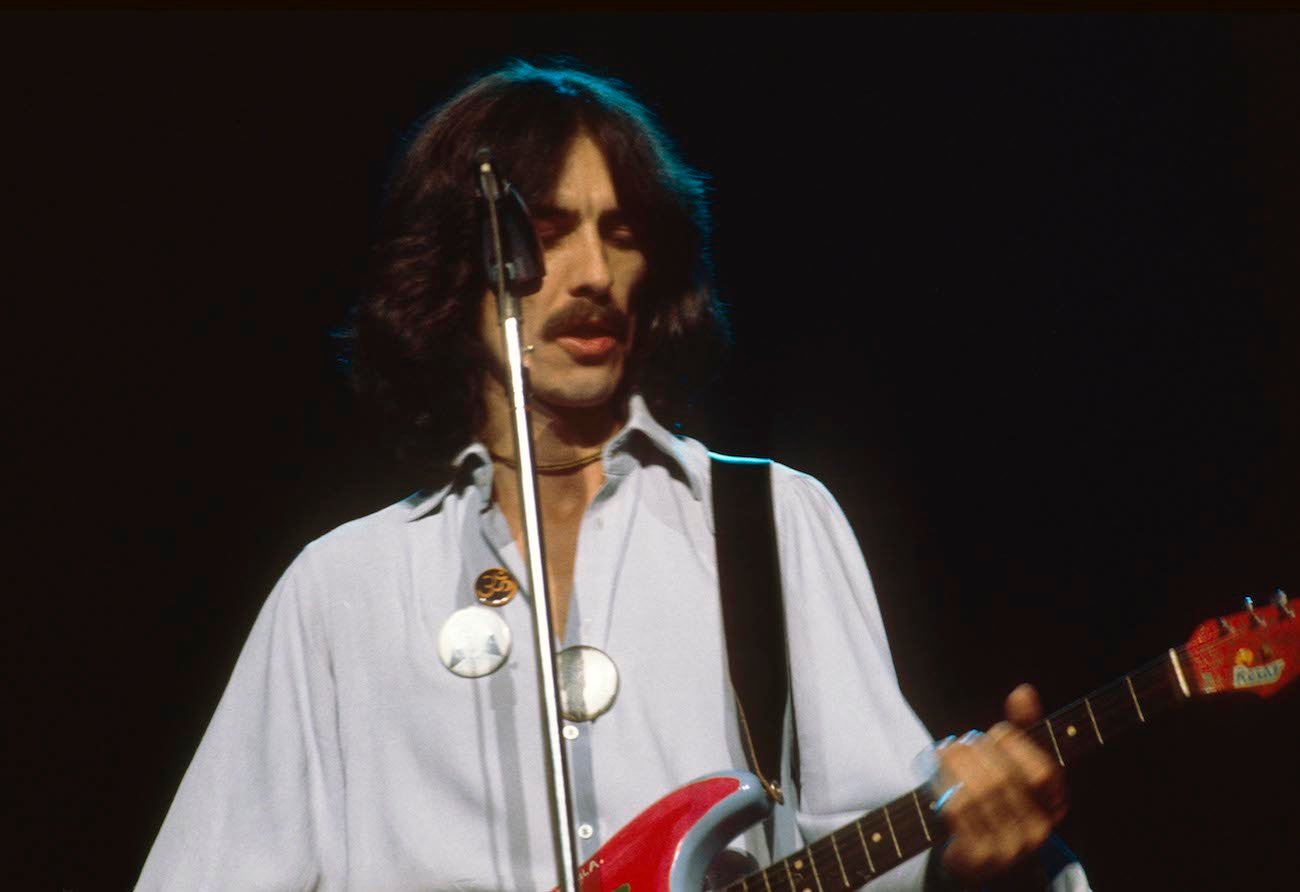
George Harrison alienated his audience during his Dark Horse tour
A rejuvenating trip to India spurred George into action in early 1974. He hadn’t been on the road since 1966 with The Beatles. However, he suddenly felt like doing a tour and an album.
“He was definitely inspired after Bangladesh,” said Billy Preston in Here Comes The Sun: The Spiritual And Musical Journey Of George Harrison by Joshua M. Greene. “He wanted to [perform live] again, right away.”
To many, Dark Horse sounded rushed. Instead of worrying about reviews, the former Beatle continued over-working his voice. George’s Dark Horse tour was doomed to fail from the start. Once on the road, George didn’t help matters. He alienated his audiences.
George started each show with a lengthy performance from his musical guru, Ravi Shankar, and other Indian musicians. It left fans “yawning and restless.”
When George came on, he urged crowds to shout, “Chant Krishna! Christ! Krishna! Christ! Allah! Buddha!” Greene wrote, “He came across as overzealous, alienating much of his audience.”
George further alienated his audiences on his Dark Horse tour by not playing Beatles songs. He’d be a hypocrite if he did. That part of his life was over. George wanted to show fans a spiritual path, not revisit the past. Eventually, George played his Beatles songs but continued angering fans by changing the lyrics to reflect his spirituality.
George didn’t care if people liked him as long as he remained true to himself. Greene wrote, “He remembered a quote from Mahatma Gandhi: we should create and preserve the image of our choice. The image of my choice is not Beatle George, he thought. My life belongs to God. That’s how I feel.
“He was here in the world to do spiritual good, and playing the old hits would have felt hypocritical. How could he live with himself if he reinforced people’s material attachment to nostalgic tunes and images? But was this better—bad reviews and mountains of trash?”
George’s drummer thought his Dark Horse tour was risky without the religious overtones
Drummer Andy Newmark thought George’s Dark Horse tour was risky enough without its religious overtones. George was used to touring with The Beatles, not solo. He didn’t have anyone with him.
“The Beatles survived, to some extent, because they had one another to deal with the mania,” Newmark said. “They had each other to keep them grounded. I’m sure that George’s whole religious thing was, in a sense, his way of keeping himself grounded while having to be on his own.
“He didn’t have his friends with him anymore. On his solo tours, he was the boss and that can be a lonely position. By the time the Beatles broke up, he just wanted back into the human race.”
George might’ve needed his bandmates to get through his Dark Horse tour, but he wanted to be as far from his Beatle days as he could get. He wanted to be spiritual, but no one seemed to want spiritual George. They wanted Beatle George back.
George was upset fans didn’t accept him
One reviewer accused George of using the stage to “spread his gospel.” Toward the end of George’s Dark Horse tour, he said, “There will always be [criticism].” To another, he said, “You know, I didn’t force you or anybody at gunpoint to come to see me. And I don’t care if nobody comes to see me, nobody ever buys another record of me. I don’t give a s***, it doesn’t matter to me, but I’m going to do what I feel within myself.”
George’s will was being tested, but he remained strong and determined. Underneath, he felt uncomfortable, but at least his bandmates enjoyed the “classy” tour. George might’ve been able to maintain an image of confidence in public, but in private, George was upset his audiences weren’t accepting him.
“Every show was probably hard for him,” said violinist L. Subramaniam. “He was trying sincerely to do something to benefit people. You see, in Indian tradition you cannot separate music from spirituality, and my impression was that George wasn’t just looking to popularize Indian music but also a path of spirituality.
“He was trying to make people aware of the music because he knew gradually they would get to the root—the spirituality. But the press really wasn’t always sympathetic. The press could sometimes be very harsh. Anyone else under that kind of pressure would have said, ‘Okay, I’m calling it off. We’ll tell the press I have a sore throat, and I’ll be on the next flight home.’
“But he took the risk of going on, of people again writing something negative about him, of putting in all that effort. Why did he do it? I always had the feeling someone very special was occupying that body.”
Greene wrote that George was “confronting the greatest disappointment of his life”: “The price he paid for shouting out his message was losing his voice, in every sense. He grappled with the depressing realization that most people simply didn’t care to hear about Krishna or maya or getting liberated from birth and death. The world wanted rock and roll. The world preferred him as a Beatle.”
George was putting his head out on the chopping block by trying to expose his audiences to spirituality. He’d done the same when he released “My Sweet Lord.” No one was talking about religion in rock music, but he felt someone should. He didn’t want young kids “boogying around, wasting their lives.”
One critic wrote that the release of “My Sweet Lord” was “among the boldest steps in the history of popular music” yet with the potential to be “a fatal career move.” However, it didn’t extinguish George’s career. It helped it.
During George’s Dark Horse tour, the press thought George’s spirituality could end his career again. George showed them that he was strong. His spirituality helped him through everything.
